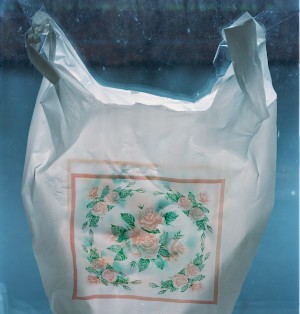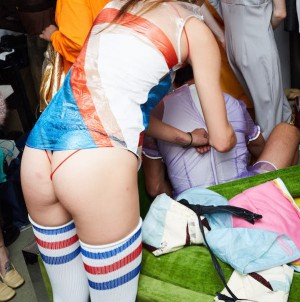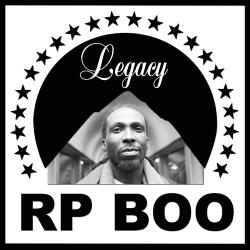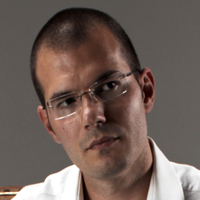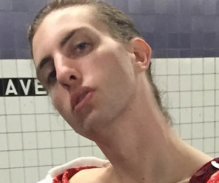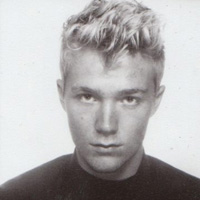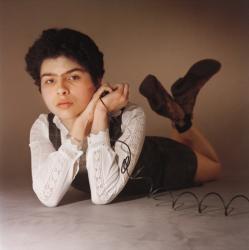Lafayette Anticipation associate curator Anna Colin talks to artist Tyler Coburn about Ergonomic Futures, a speculative project engaged with art, design, science, anthropology and writing. In this interview, Coburn discusses the research, production process and network of collaborators of a multilayered project ultimately concerned with the futures of humankind. Anna Colin: When one comes across your museum seats Ergonomic Futures (2016—) in contemporary art exhibitions—and soon in natural history, fine art, and anthropology museums—they look… [read more »]
Ask Natasha | Solipsism and (Un)Certainty
First off, let me say:
And: http://sorry.coryarcangel.com/
Q: How are u? — Abdur Rouf
A: It might interest you to know that I am in a recurrent phase, which, perhaps ironically, means I am tired of postmodernism and all of its iterations. I mean recurrent in the way a dream is described; I have returned to a nostalgia for melodrama and teenaged feelings. The glittering value of an icy post-post artform is clear, but its intentions troubling: such conflating has become, to me, cruel. The next step must be clarity, but how does one find that, knowing all that is known? Like Lynn Tillman’s circling notes in American Genius, A Comedy (2006), I am thinking about the dinginess of memory—
“Our family cat, who was the uxorious companion my father wasn’t, regularly followed my mother into the bathroom and watched her apply her red lipstick. The cat once stayed behind after my mother, who had neglected to close the lipstick tube, left it on the sink, and later the cat emerged, her lips and mouth as red as my mother’s, and it was this cat my mother and father abandoned to a shelter, to be killed, and it may have been then my brother abandoned us, I’m not sure, since coincidence plays a role in memory, contorts it or condenses events, mostly in the rememberer’s favor, a memory has the subject’s limits, and we forget much more than we remember, with little to no control over it, though its insistence at having happened determined our fates, that is, how we speak about the past and consequently live in the present, but he did run away around then, I’m pretty sure, for which my father condemned him, since my brother might have saved the business.”
It becomes about self-centeredness, which is unattractive, but the only landing place left. I am aware—too aware—of the impressionistic tone of my own life, and I am morbidly satisfied by this awareness. In manic-depressives, one finds the person most hated in a lifetime and the person of that depressive’s fantasies, all in that same self.
Like Samuel Cramer, the hero of Baudelaire’s La Fanfarlo (1847), I am “simpler than a scholar,” and yet have noticed the burden of the public and taken responsibility for any worthy distraction from that burden. “One of Samuel’s most natural failings was to deem himself the equal of those he could admire; after an impassioned reading of a beautiful book, his unwitting conclusion was: now that is beautiful enough for me to have written! — and, in only the space of a dash, from there to think: therefore, I wrote it.”
A writer can never know her audience, nor a reader her book’s author. Have you, Abdur, or have you, any of you, met your idol(s)? It is at once the most exhilarating and dulling experience of one’s career. This idol is less than what you had imagined because they are human, but more than what you had hoped for the same reason. And the way we remember and record these occasions… these accomplishments or regrets, is the way the experience will live on, beyond either of the experiencers. Can you know me through my writing, and can I know you through your asking me to write? Is this a more intimate knowledge of a person than the alternative forms of meeting? Will I ever meet you, and therefore have a way of weighing out the differences between how I have imagined the meeting will go, how it would go if we were to meet, really, and how it went, since we met (have we met?)?
In David Foster Wallace’s essay, “Certainly the End of Something or Other, One would Sort of Have to Think (Re John Updike’s Toward the End of Time),” he notes that “when a solipsist dies… everything goes with him.” And my question: What happens when all the solipsists are gone? Or: What happens when no one is focused enough on their own mind to discover it, since it is no longer in fashion to be so singularly focused? As Baudelaire said in 1847, a character like Samuel Cramer “is more widespread than we think… They identify with the new pattern so well that they almost believe they invented it.”
If this kind of concentrated self-aggrandizing was popular then, what are we now? Has this stain become only less and less soluble? Has it metamorphosized so many times, gathering more impertinence with each emergence, creating, finally, “the Great Mail Narcissists” (GMNs –c/o DFW) of the 1970s, and every new form of popular laziness thereafter? Of course not. Our capacities to piously love and to be loved… to love ourselves first in order to let love in… to love ceaselessly, selflessly… etc, all depends on trend. Each version of vapidity is at one point reviled and at another, celebrated. See, for example, the waxing on about the reviled Updike by the celebrated Foster Wallace. (And by the way, I’ll hold back, for the sake of whatever clarity remains of this fogged-over mirror I’m holding up for you, from drawing similarities between the below tangent and Baudelaire’s on the Romantic writer Walter Scott in the aforementioned novella).
“John Updike… has for decades been constructing protagonists… who are all clearly stand-ins for Updike himself. They always live in either Pennsylvania or New England, are either unhappily married or divorced, are roughly Updike’s age. Always either the narrator or the point-of-view character, they tend all to have the author’s astounding perceptual gifts; they think and speak in the same effortlessly lush, synesthetic way Updike does. They are also incorrigibly narcissistic, philandering, self-contemptuous, self-pitying… and deeply alone, alone the way only an emotional solipsist can be alone… and, though they are heterosexual to the point of satyriasis, they especially don’t love women. (Unless, of course, you consider delivering long encomiums to a woman’s “sacred several-lipped gateway” or saying things like “…the sight of her plump lips obediently distended around my swollen member, her eyelids lowered demurely, afflicts me with a religious peace” to be the same as loving her.)”
How am I? I’m only as well as my generation’s decided emotional barriers can allow me to be, which is, I think, falling somewhere between the ruthlessness of Romanticism and the self-importance of the MTV generation. But I’m really not that cynical. I am, like I said, only nostalgic for the melodramatic.








